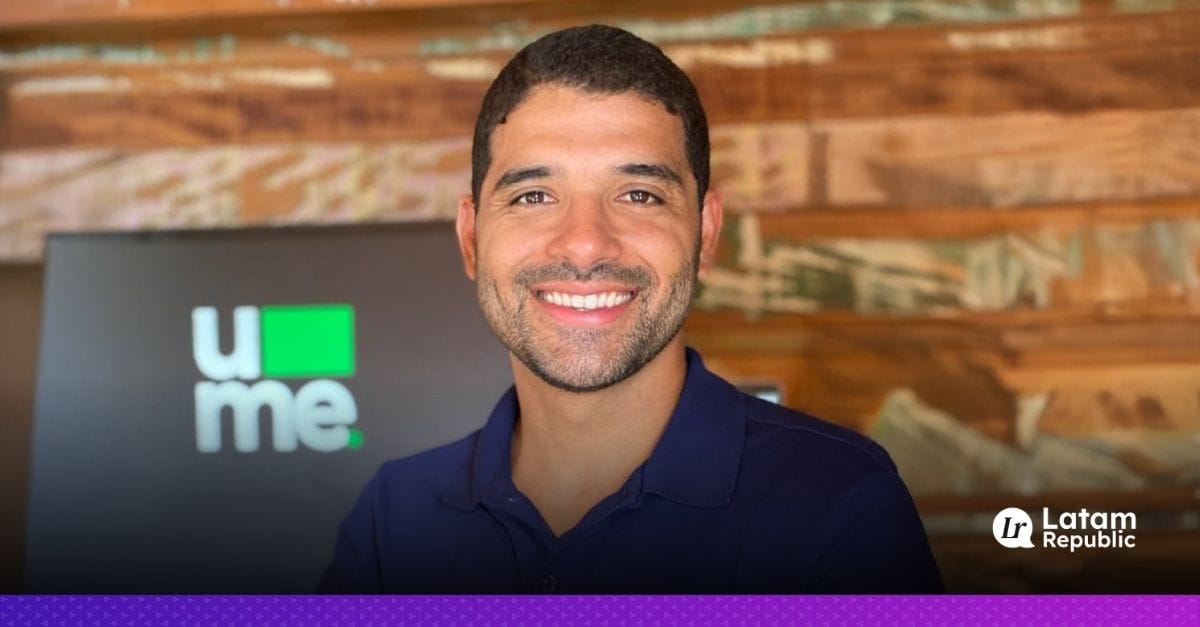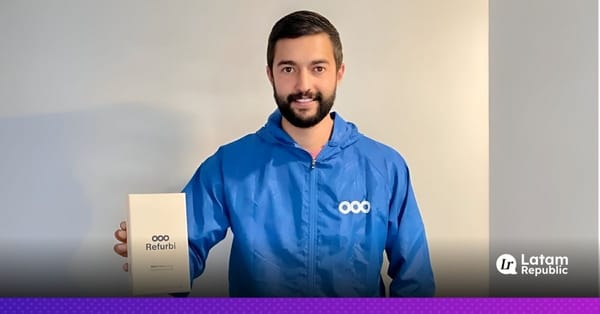UME Raises R$118 Million in Series B Led by Valor Capital to Expand Digital Credit in Brazil
UME has secured a R$118 million (US$23 million) Series B round to support its growth and strengthen its technology investments as it approaches breakeven.

UME, the B2B2C fintech that operates in Brazil’s digital installment credit market, has secured a R$118 million (US$23 million) Series B round to support its growth and strengthen its technology investments as it approaches breakeven.
Valor Capital and Bewater Lead the Round
The round was co-led by Valor Capital and Bewater, a Brazilian asset manager known for backing startups such as Revelo and Farmtech. Existing investors PayPal Ventures, Globo Ventures, Canary, and BigBets also participated.
The fundraising comes just a year after UME closed a R$81 million Series A. Despite not yet generating positive cash flow, CEO Berthier Ribeiro projects the company will reach breakeven next year.
“This round sustains our operations comfortably until breakeven and gives us the flexibility to decide whether we need additional funding,” Ribeiro told Brazil Journal.
Expanding Technology and Talent

The new capital will be used to boost UME’s technology capabilities and expand its commercial operations. The company plans to hire 15 additional developers and strengthen its partnerships with retailers.
“We are building a world-class tech team. We want the best minds working with us,” said co-founder Theo Ramalho.
In December, UME appointed Berthier Ribeiro-Neto, former head of Google’s Brazil engineering team and father of Ribeiro, as its CTO. Ribeiro-Neto sold his own company to Google in 2003 and spent 19 years leading the tech giant’s local operations.
From Regional Retailers to National Chains
Founded in 2019, UME initially focused on small and mid-sized regional retailers with annual revenues between R$40 million and R$500 million. Its app allows consumers to finance purchases in up to four installments, with credit approval typically processed within five minutes.
Merchants receive payment from UME within two business days (D+2), while the company generates revenue through discount fees and interest from consumers. Competing with established players like DMCard, UME differentiates itself by enabling purchases via Pix QR codes rather than private-label credit cards, reducing transaction costs and increasing margins.
New Partnership Model with Large Retailers

Since late 2023, UME has been piloting a new model targeting large retailers. Instead of UME shouldering credit risk, retailers now acquire subordinated shares in credit funds, keeping the returns while UME provides the infrastructure, risk analysis, customer service, and collections.
“The evolution was allowing big retailers to build their own credit operations on our platform,” Ribeiro explained. “We provide the infrastructure, and they capture the results.”
While this model generates less direct revenue for UME, it broadens the addressable market and creates stronger alignment with retail partners.
“Retailers are more motivated to offer credit when they share in the upside,” Ramalho added.
Currently, three large retailers are operating under this structure, with ongoing negotiations involving major national and regional chains.
Strong Growth Outlook
UME continues to operate both its original and new models, tailoring solutions to retailer readiness. In 2023, the company originated R$220 million in loans. This year, it expects to triple that figure to R$600 million and close 2025 with an annualized origination of R$1 billion.
Looking ahead, UME aims to grow loan origination 2.5x by 2026, driven largely by its new retailer partnership model.
“Our strategy is to rebuild the payments infrastructure traditionally delivered by Visa and Mastercard, but on top of Pix, allowing businesses to access profits that today remain concentrated in the banks,” Ribeiro said.




